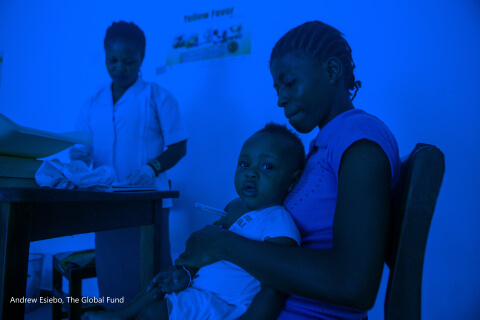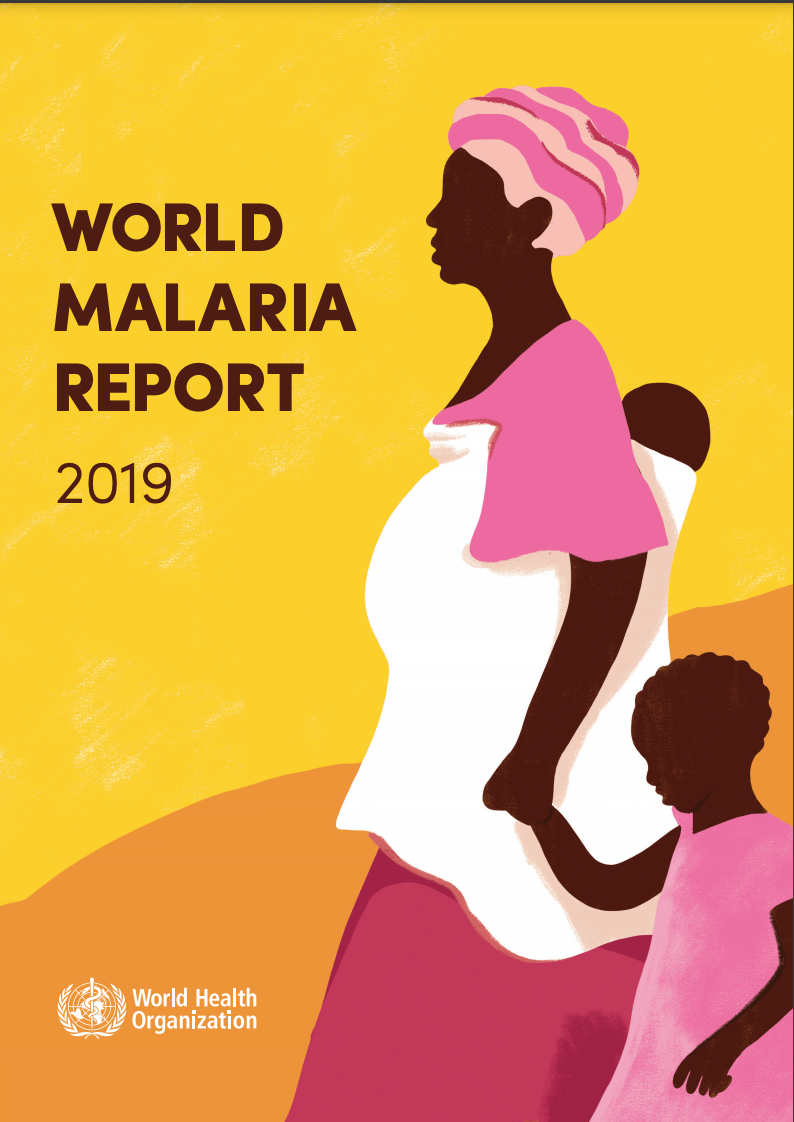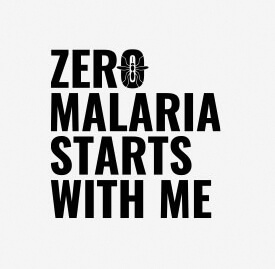World Malaria Day 2020: Zero Malaria Starts With Me
Posted 24
The 2020 World Malaria Day taking place on April 25 comes at a challenging time when the world is grappling with the COVID-19 pandemic.

In a statement released on March 25, the RBM Partnership to End Malaria stresses “the need to maintain malaria elimination efforts throughout COVID-19 pandemic” and emphasises why resilient and robust health systems are necessary now more than ever as the world faces emerging pandemics while having to protect vulnerable populations against existing threats, including malaria.
Physical gatherings will not be taking place in order to guarantee the imperatives of social distancing to prevent the spread of the virus, the day will still be celebrated virtually. WHO and the RBM Partnership are promoting a grassroot campaign “Zero Malaria Starts with Me”, which seeks to mobilize political support and empower communities to take ownership of malaria prevention and care.
In Mali, we had planned a number of activities in partnership with the University of sciences, Techniques and Technologies of Bamako and the Ministry of Health. However, the country declared the state of emergency on March 27 with a ban on most public gathering. The team will continue to encourage media coverage of the day to pursue our mission of awareness raising on the prevalence of the disease in the country and its impact on our health, lives and economy. We invite you to help us spread the word and join the “Zero Malaria Starts with Me” movement – here are some ideas.
 The day is also meant to celebrate the milestones achieved in the fight against malaria, the challenges and possible solutions to accelerate action towards ‘zero malaria’. The World malaria report 2019 highlights some of the milestones achieved in 2018. Malaria cases decreased in 2018 (228 million cases worldwide compared with 251 million cases in 2010 and 231 million cases in 2017) and case incidence levels declined as well (from 71 to 57 cases per 1000 population at risk between 2010 and 2018). Despite these trends, the report notes that progress towards malaria elimination remains slow and accelerated action is needed. Without accelerated change, it is unlikely that the Global technical strategy for malaria 2016-2030 (GTS) will be achieved.
The day is also meant to celebrate the milestones achieved in the fight against malaria, the challenges and possible solutions to accelerate action towards ‘zero malaria’. The World malaria report 2019 highlights some of the milestones achieved in 2018. Malaria cases decreased in 2018 (228 million cases worldwide compared with 251 million cases in 2010 and 231 million cases in 2017) and case incidence levels declined as well (from 71 to 57 cases per 1000 population at risk between 2010 and 2018). Despite these trends, the report notes that progress towards malaria elimination remains slow and accelerated action is needed. Without accelerated change, it is unlikely that the Global technical strategy for malaria 2016-2030 (GTS) will be achieved.
Among other things, World Malaria Day 2020 will:
- Urge for greater investment in building and supporting resilient health systems
- Call for closing of the annual US$2 billion gap in funding to reach all those at risk with life-saving malaria tools, and boost research and development of new, transformative tools
- Highlight, recognize and revitalize the involvement of high-burden countries in Africa
- Engage political decision-makers, the private sector, civil society, academic community and the public to take ownership of global malaria control and elimination efforts
- Shine a spotlight on the successes achieved in reducing the malaria burden globally
14 countries have already launched national “Zero Malaria Starts with Me” campaigns and more are planning to do so this year. To participate in this year’s World Malaria Day, please visit https://endmalaria.org/worldmalariaday for more information.
Read the full RBM statement, the WHO statement and Q&A on Malaria and Covid-19
 You can follow the conversation on social media by using the hashtags:
You can follow the conversation on social media by using the hashtags:
#WorldMalariaDay
#ZeroMalariaStartswithMe (English)
#ZeroPalu (French)

